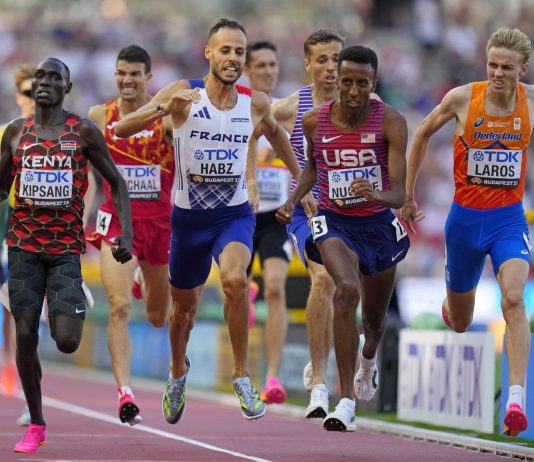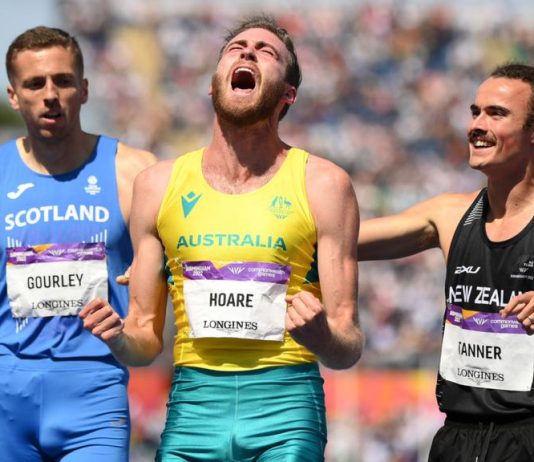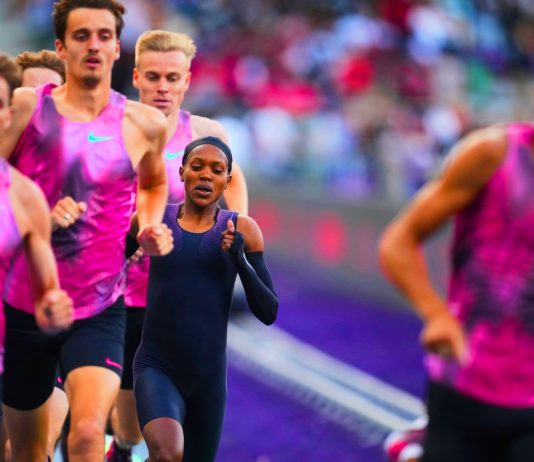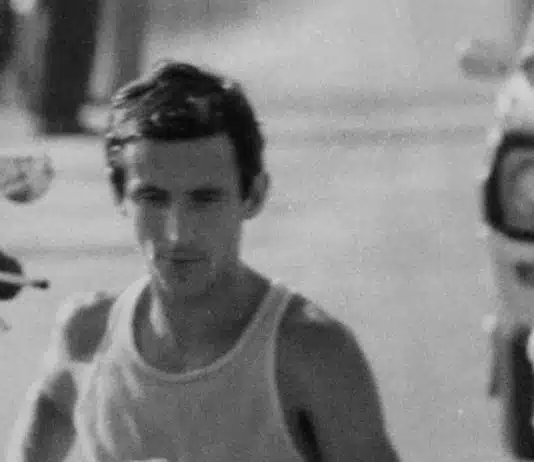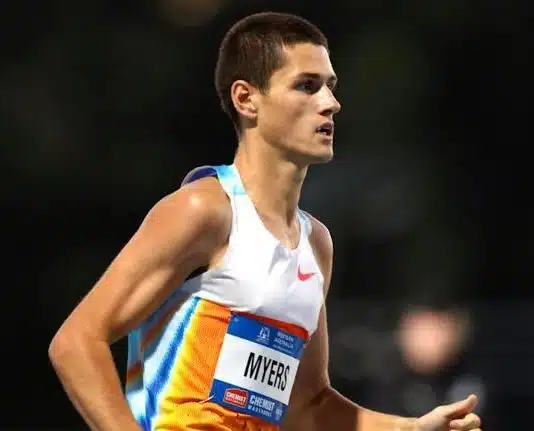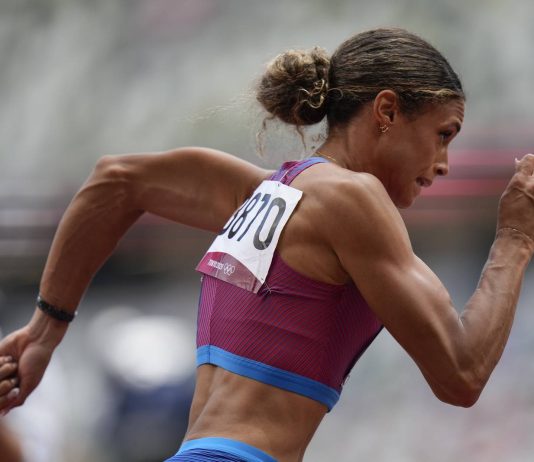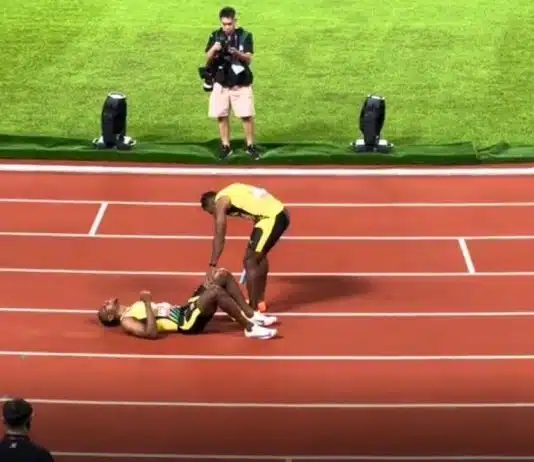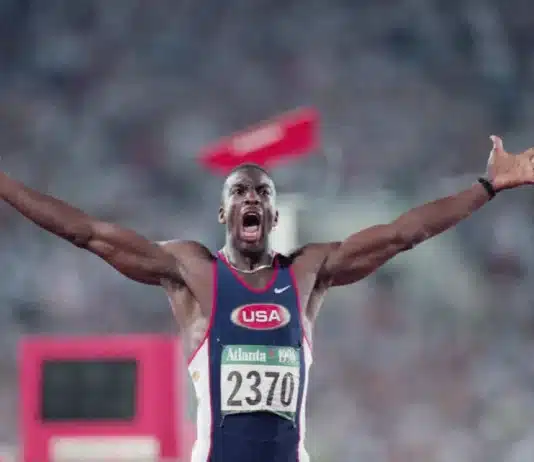So, what’s the deal with the 1500 metres then? Specifically, the men’s 1500 metres. And let’s not forget the mile - if it ever went away. I thought I caught a glimpse of it in Oslo and Eugene recently – so, bring back the mile, at least into this...
Written by Len Johnson
“Take me back. Take me way, way, way back,” Van Morrison intones in the opening lines of On Hyndford Street, the poem/song reminiscing on his musical influences growing up in Belfast.
Morrison’s timeline goes back to the 1950s, “the days before rock ‘n’ roll.” This happens to...
Well, that was quite the boilover, wasn’t it?
Faith Kipyegon, the best female 1500 metres/miler ever – the best ever full stop, if we go by her unmatched three Olympic gold medals in a row, backed by all the considerable expertise Nike can bring, makes an attack on the four-minute...
John Farrington, distance runner, 2 July 1944 to 15 June 2025
Followers of Australian distance running would have few problems naming the highest achievers in the men’s marathon. World champion Rob de Castella. World record holder Derek Clayton. Commonwealth Games champion Steve Moneghetti. Some may add contemporary national record breakers...
One of the rites of passage for any child born in Melbourne is the trip to see the Christmas display in the windows of the Myer department store.
Most Melburnians refer to the shop as Myer’s, the colloquial nickname bestowed upon the business founded by Sidney Myer and bis brother...
When Roger Bannister ran the first sub-four-minute mile on 6 May 1954 his friend and supporter Norris McWhirter stretched the announcement out almost beyond breaking point, proclaiming successively Bannister had run a meeting and track record and “subject to ratification,” an English native, British national, all-comers, European, British Empire...
One of the members of a chat group your writer frequents re-posts a helpful table each week detailing the latest performances of Australian athletes.
Along with the individual performances, the table lists how the result impacts the athlete’s position on the World Athletics rankings. As you may remember, the world...
John Landy once wrote a report for Australian Athletics which someone within the governing body – I can’t believe it was John’s idea – released under the title: ‘Change or Die’.
As I can’t resist the urge to point out every time I have cited that report over the years,...
On hearing of the death of Lady Macbeth and faced with his own impending overthrow, Shakespeare’s Macbeth tries to make sense of it all. Life, he concludes, is “a tale told by an idiot, full of sound and fury, signifying nothing.”
Could have been talking about the World Relays.
In the...
Way back in 1972, when Frank Shorter was just a crazy young kid with a dream of winning the Olympic marathon and China was just beginning to emerge onto the international stage after decades of isolation, Chinese premier Zhou Enlai was asked about the impact of the French Revolution.
“Too...


